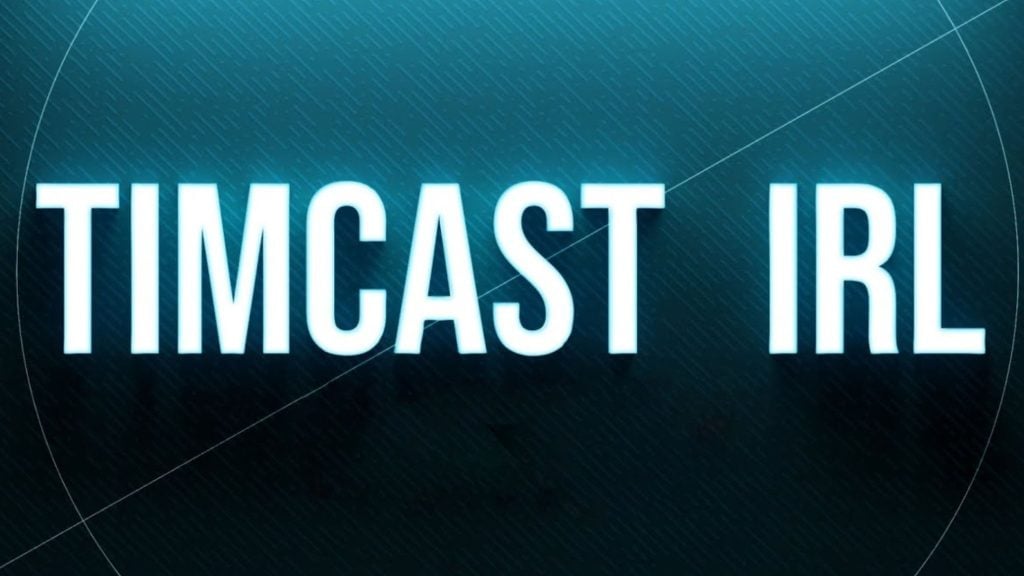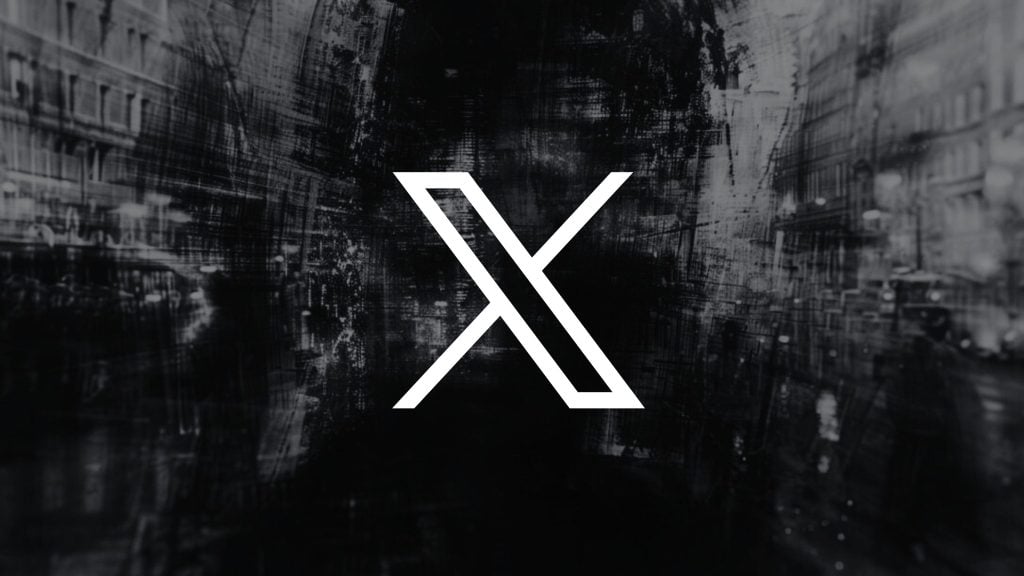Imgur’s ongoing efforts to keep its head well above water could serve as a cautionary tale for any number of online platforms that rely on user-generated content as their main offering – and overwhelmingly on Google’s advertising services for as their main revenue stream.
Reclaim The Net can reveal that Imgur, one of the largest online communities, was quietly banned from the Google Ad Network and all Google ad serving partnerships earlier in 2019 for a policy violation, and the popular photo hosting and photo sharing platform has toiled to find its footing again in the move away from programatic advertising as the dominant source of revenue.
Meanwhile, Google’s grip on the online advertising market has been demonstrated once again in this case – because when the behemoth decided to stop doing business with Imgur, it dealt a major blow to the company.
Insiders at Imgur describe Google’s decision to ax the image platform as an effort to provide brand safety and trust to their advertisers, with questions raised about some of the content that was being found among the 1.5 million images uploaded daily by Imgur’s users.
When questioned on banning Imgur from advertising services, Google said that it was their policy not to speak about individual cases but pointed to a section of their AdSense rules called Prohibited content.
The page in question makes reference to a wide range of factors – from counterfeit goods and drug related content – to underage, non-consensual, or illegal sex acts – the type of content that prohibits the placement of Google ads on pages that contain it.
However, an official spokesperson for Imgur – while admitting to Reclaim The Net that the partnership with Google’s advertising services had been terminated for “a policy violation” – wanted to make clear that it was “in no way related to problems with indecent images of minors.”
Imgur insiders suggested that Imgur was, at times, failing to moderate the upload of user-generated content (UGC) – which is said to have eventually become a reason why Google cut ties with the company.
Trouble with UGC
Imgur’s nature as a platform that hosts user-generated content, which can be illegal or infringe on copyright, presents it with the same problems faced by other similar sites, like Twitter or Facebook, and Google’s own YouTube: to what degree they are technically capable of monitoring and removing content, and if any of this could be done proactively.
But Imgur’s position in relation to digital advertising giants like Google and Facebook that have a near-total stranglehold on the market, makes it far more financially vulnerable – after it was cut off from its major revenue stream.
In the United States, where both companies are located, the Communications Decency Act says that neither providers nor users of an internet service “shall be treated as the publisher or speaker of any information provided by another information content provider.”
But beyond what’s legal, there’s the issue of what’s acceptable to a site’s partners – and what major advertisers will accept as sufficiently brand-safe. There’s also the issue of laws in other countries, and broader ones of jurisdiction and liability on the internet.
In July, we reported that a technical error caused one of the UK’s leading internet service providers, Virgin Media, to temporarily block the Imgur site at the domain level when the Internet Watch Foundation (IWF) gave Virgin a blacklist of 23 Imgur URLs that had content consisting of indecent images of minors.
The IWF is a non-profit organization dedicated to gathering lists of online child sex abuse images and forwarding them to ISPs, who are then supposed to block them at the URL level.
Virgin Media’s technical error caused it to temporarily block the entire Imgur site instead of the individual offending URLs, rendering imgur.com completely inaccessible to millions of UK users.
While it was soon rectified, the incident did bring to light the workings of how sites that allow user generated content such as Imgur are scanned for indecent images of minors and the reporting and blocking method that’s then put into place in order to protect the most vulnerable in society.
When questioned by Reclaim The Net, a spokesperson from the IWF said that while on the particular day of the incident there were 23 URLs on Imgur that contained indecent images of minors, on a day by day basis “it could be more or less than that as we have a lot coming off (and going on) [the list] once the criminal content is removed.”
Despite the problems faced, the IWF said that they would describe Imgur as “a responsive company” when it comes to removing illegal images of minors from the platform once alerted to it.
Thorny issue
Apparently aware of the potential problem, Imgur had teamed up with Thorn, a non-profit founded by actor Ashton Kutcher to combat sexual abuse of children online by removing offending content from the internet.
An official spokesman for Imgur confirms that the company was working with Thorn since 2013 – and beta-testing Safer recently – but denies this was “a means of helping to control indecent images on our platform.”
Instead, the spokesperson said, it is “a proactive measure to prevent that kind of content from ever being uploaded to our platform (and more broadly, to the internet at large).”
Programmatic advertising vs. content creation
The programmatic online buying of ads relies on software tools to do the job, removing human interactions such as negotiations or requests for proposals.
This means more efficiency and lower costs – and it’s not only a type of online advertising that’s on a steady rise but one almost entirely controlled by Google and Facebook.
Imgur putting all its eggs in this one basket is something that insider sources feel put the company at risk, making its quest for new revenue sources more urgent than it needed to be.
Thus in July, the company accepted a $20 million investment injection from Coil, a micropayment tool that will be included in Imgur’s service – and announced a monetization pivot toward membership, subscriptions, and content creation.
Under this partnership, Coil and Imgur will earn a portion of the money generated by content creators from their subscribers.
TechCrunch wrote about this at the time, noting that the balancing act for Imgur will now be to attract more creators while avoiding making its 300 million free users feel like second class citizens.
“The challenge for Imgur will be avoiding the cannibalization of its existing content to the detriment of its non-paying users who’ve always known it to be free,” Josh Constine of TechCrunch said.
Imgur is not alone in attempting to diversify in this way, with even giants like YouTube, Facebook, and Amazon with its Twitch platform coming up with premium and subscription services.
However, as reports said when the Coil investment was announced, instead of videos and streaming, Imgur relies on meme culture for content on its platform – and that’s in no way a tried-and-tested route to ensure long-term stability of revenue. Yet some observers see this subculture as potentially a profitable niche to explore, as Digiday reported in July.
But, others warned, it could also prove to be a risky move, as the idea hasn’t paid off for the likes of Snapchat, Tumblr, or Instagram.
Regardless, sources from inside the company described the Coil investment as urgent.
What the future holds
The Digiday report from July mentions that Imgur has not abandoned ads as a means of making money – and that it’s now trying to attract advertisers by billing itself as “a place of positivity.”
However, the article also confirms that brand-safety is on the company’s mind a lot – with 22 out of its more than 100 employees working on “brand partnerships.”
Right now, insider sources are saying that it’s unclear if the partnership with Coil might turn out to be too little, too late – and fear layoffs.
Imgur confirmed to Reclaim The Net that three employees within the sales division were let go recently for “performance issues” but, despite information circulating that they’re laying off more staff, the spokesperson said that it’s not true.
If you're tired of censorship and dystopian threats against civil liberties, subscribe to Reclaim The Net.









